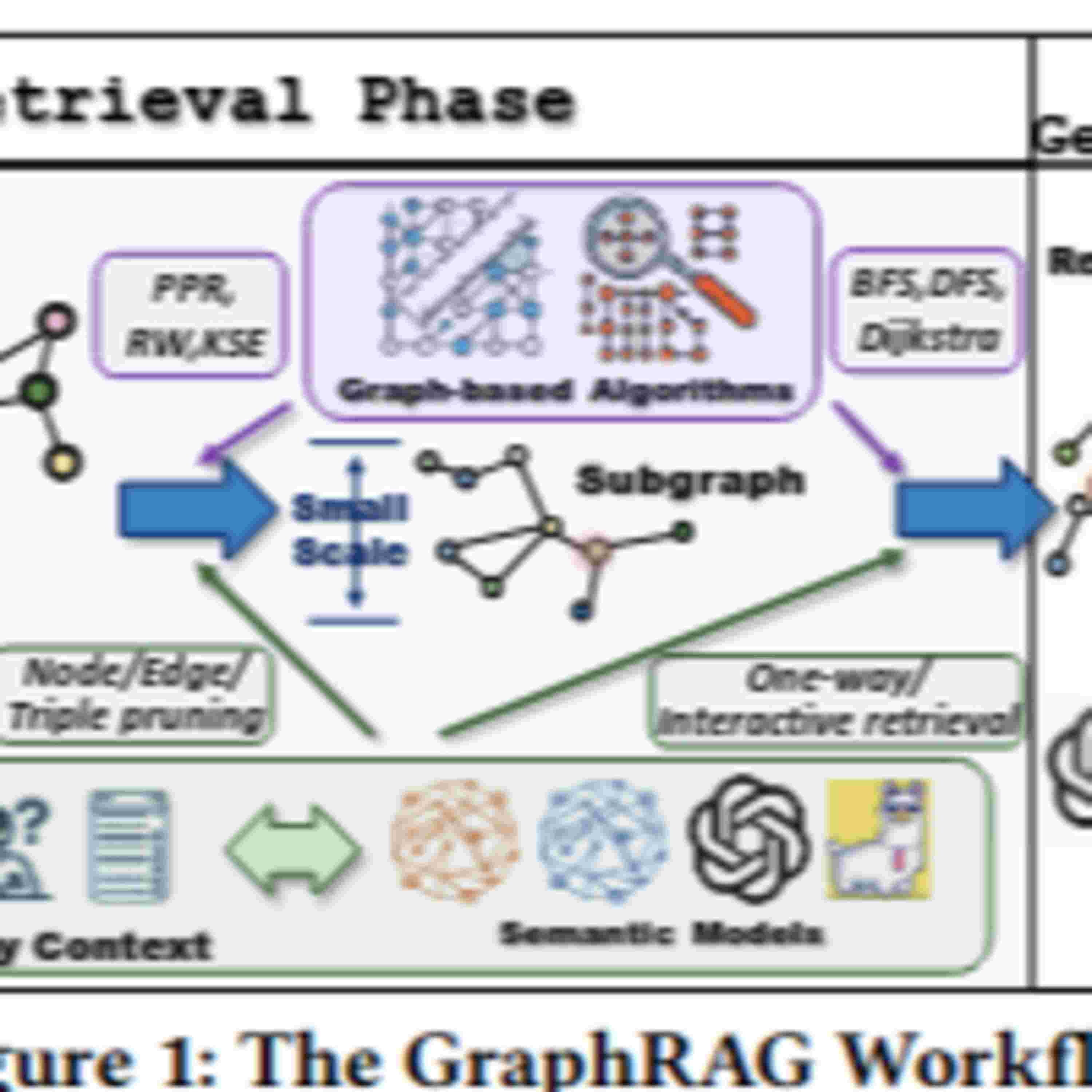

https://arxiv.org/abs/2411.05844
This research paper introduces LEGO-GraphRAG, a modular framework for improving Retrieval-Augmented Generation (RAG) systems that use knowledge graphs. The framework systematically categorizes existing RAG techniques and facilitates the creation of new, more efficient and effective RAG instances. The authors conduct empirical studies, evaluating various configurations on large-scale real-world graphs, to analyze the trade-offs between reasoning quality, runtime efficiency, and resource costs. Their findings highlight the importance of balancing these factors when designing GraphRAG systems and suggest a promising strategy combining structure-based and semantic-augmented methods. The paper concludes by identifying key areas for future research in this field.